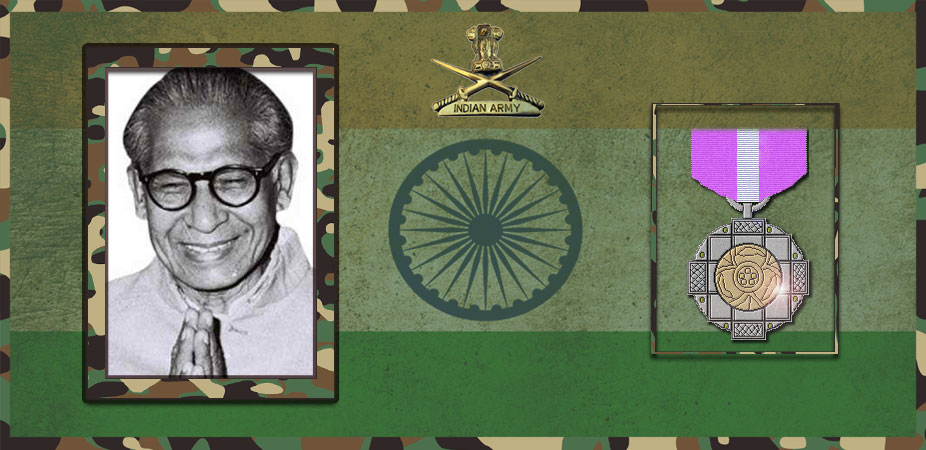Let's salute to our Indian Army together, We are proud to be Indian.
Let's salute to our Indian Army together, We are proud to be Indian.

Jainendra Kumar (2 January 1905 – 24 December 1988), was an influential Hindi writer of 20th century. He explored the human psyche in novels such as Sunita and Tyagapatra.
He was awarded one of India’s highest civil honours Padma Bhushan in 1971. He was awarded the Sahitya Akademi Award in 1966, for his work Muktibodh (Novelette), and its highest award, the Sahitya Akademi Fellowship in 1979.
Jainendra Kumar was born as Anandi Lal on 2 January 1905, in Kodiyaganj, Aligarh, Uttar Pradesh. He received his early education at Rishabh Bhrahmacharyashram, Hastinapur, Uttar Pradesh, which was founded by his maternal uncle. It was here that he got his name Jainendra Kumar. He left the place in 1912 and went to give metric exams in private in 12 from Punjab.
Thereafter he joined Banaras Hindu University (BHU), for higher education, though he left even that in the favour of joining the Non-cooperation movement of Mahatma Gandhi. He started writing around 1926, after unsuccessfully trying hand at business in Calcutta. His first collection of stories title Phansi (फांसी) came out in 1930.
He was closely involved in the Indian Freedom Struggle. Along with Munshi Premchand, he established the Hindustani Sabhaa in Lahore where Dr. Zakir Hussain and Josh Malihabadi were some of the noted members. After the death of Premchand, he became the editor of Hans. He was closely associated with the luminaries of Indian Freedom Struggle like Mahatma Gandhi, Vinoba Bhave, Rabindranath Tagore and others.
He died on 24 December 1988.